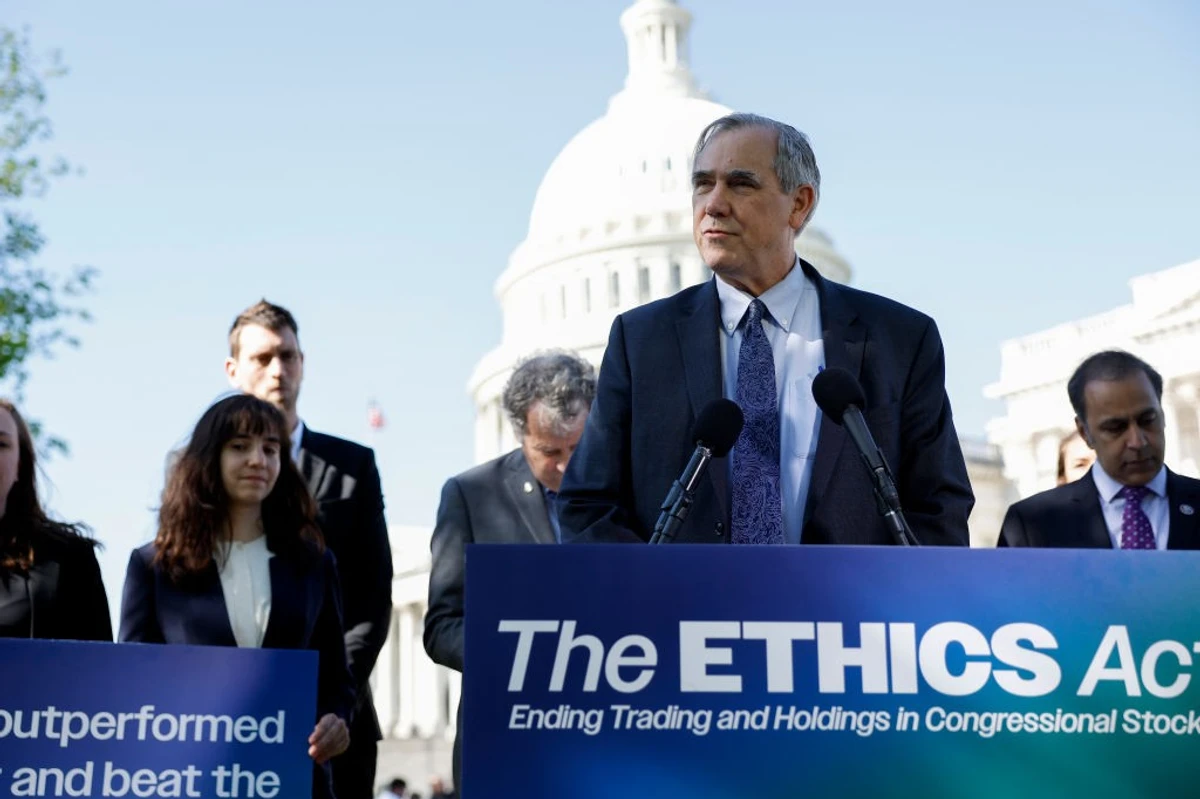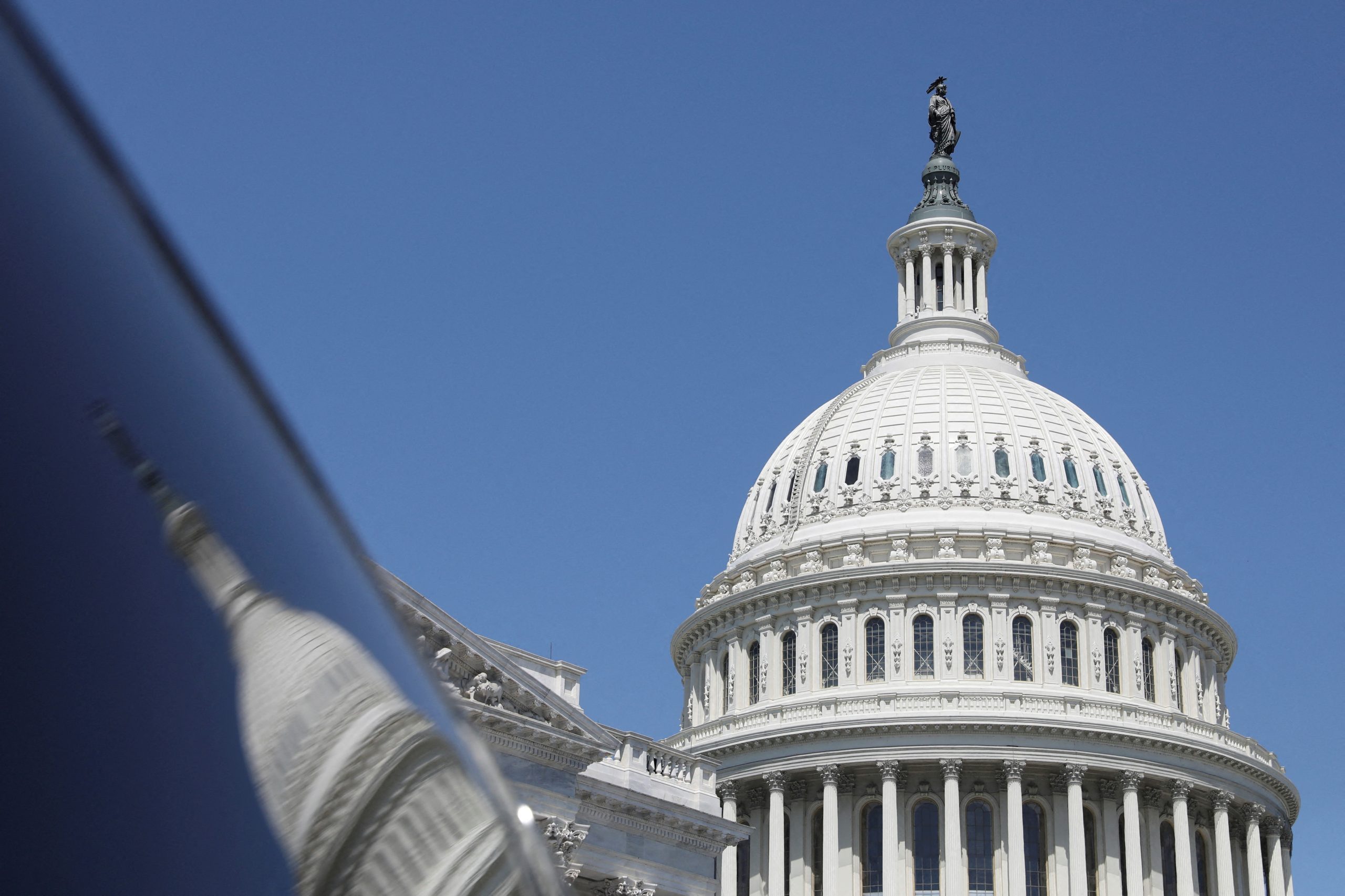Senators Propose Ban on Stock Trading by Congress and President in Ethics Reform Push
Bipartisan Proposal Aims to Ban Stock Trading by Government Officials Amid Accountability Push
In a bipartisan effort aimed at enhancing transparency and ethics in government Senators Jon Ossoff, Gary Peters, Josh Hawley and Jeff Merkley have introduced a new legislative proposal to ban the president, vice president and members of Congress from buying stocks and certain other financial assets, according to the published article of THE HILL. The initiative seeks to curb potential conflicts of interest by prohibiting lawmakers from engaging in stock trading activities while in office along with imposing restrictions on the sale of such assets within 90 days of the law’s enactment. The legislation also extends these restrictions to spouses and dependent children starting in 2027 and includes penalties for non-compliance which could exceed either the monthly salary of the government official or 10 percent of the asset’s value.
Amid concerns over potential insider trading by elected officials a bipartisan proposal aims to ban Congress members, the president and vice president from buying stocks and other financial assets. This move responds to calls for greater accountability and aligns with public expectations for ethical governance. Building on previous efforts like Merkley’s 2023 ETHICS Act which proposed blind trusts for congressional assets the proposal enjoys support across party lines, signaling a pivotal moment in ethics reform discussions in Washington.
READ ALSO: Cut Student Loan Costs: Refinancing and Discounts to Lower $38,000 Debt

Ethics Reform: Senators Introduce Bill to Ban Stock Trading by Congress and President
Furthermore, the bipartisan proposal to restrict stock trading among top government officials reflects a broader push for accountability and ethical governance in Washington. This initiative underscores a shared commitment among lawmakers to mitigate potential conflicts of interest and uphold transparency in public service. Supporters argue that prohibiting elected officials from trading stocks while in office not only enhances fairness but also ensures that legislative decisions are made in the best interests of the American Americans free from personal financial considerations. The proposed legislation also addresses public concerns over the integrity of elected officials who have privileged access to confidential information that could influence financial markets. By imposing strict divestment rules and penalties for non-compliance the Senate aims to set a precedent for ethical conduct that prioritizes the public trust.
READ ALSO: Medical School Just Got a Whole Lot More Affordable
